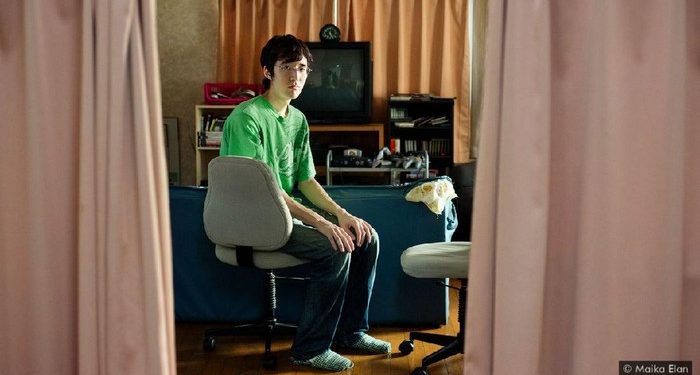Humans are social creatures.
So it is appropriate for them to communicate and interact with other people both in the home environment, work to public places.
However, a phenomenon in Japan shows the opposite.
Hikikomori, is a phenomenon in which young men choose to close themselves off from social life, aka being ansos (antisocial).
These hikikomori spend every day in the room.
Alone, some didn’t even come out for a long time.
The Japanese government itself defines a hikikomori as someone who does not want to participate in the environment (whether school or work) and has no desire to do so.
Hikikomori can also be referred to as someone who does not have close relationships and a sense of kinship with other people.
So they choose to shut themselves in the room.
As reported by the BBC, hikikomori usually occurs in young men who are still students or college graduates.
Intelligently, they are actually above average, but for one reason or another, they choose not to interact with other people, even their families.
They find comfort in the room only.
A number of hikikomori experts say that the most likely cause of this ansos behavior is the environment.
This was triggered by the pressure from their families who required them to enter the best universities or work for big companies.
Unable to stand the pressure, they prefer to do nothing and become hikikomori.
This symptom is called usually lasts for six months.
But in some rare cases it can last up to decades.
The Ministry of Health and Manpower reports there are likely to be more than one million hikikomori, or about one percent of the total population in Japan.
There are also those who prefer to read comics or novels. The average hikikomori are youth aged 25 years and over.
The Japanese government calls this problem like an iceberg that looks small on the surface but actually has a heavier problem beneath it.
Because hikikomori is not only a burden for the family but also the country’s economy in general.
This phenomenon is not impossible to give birth to an unproductive generation of unemployed.



